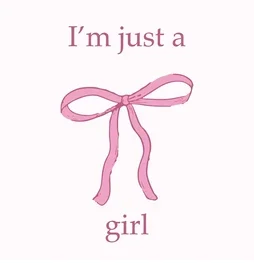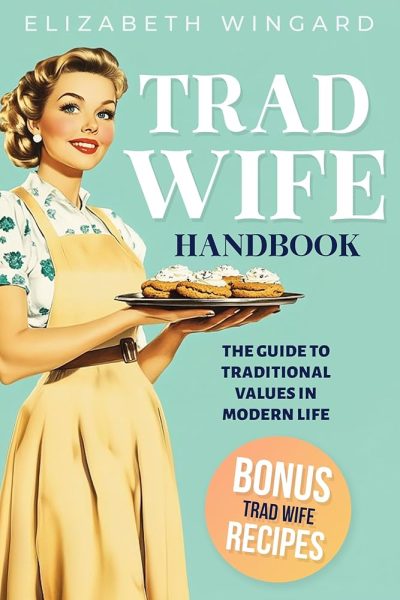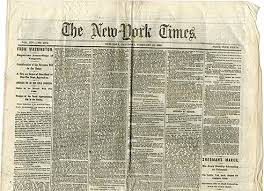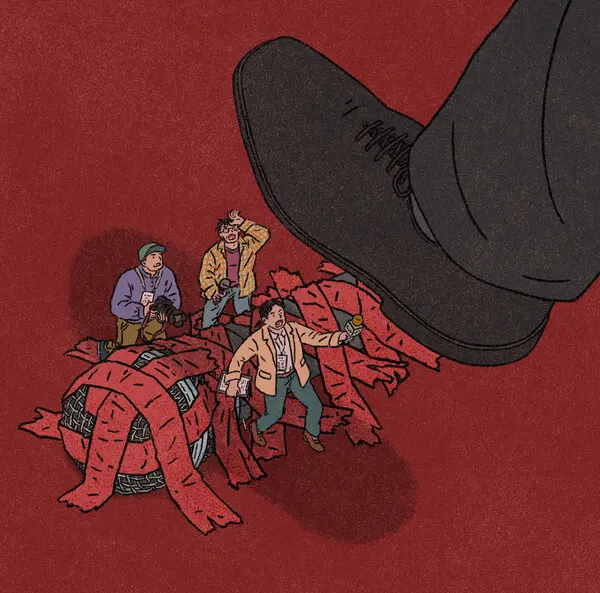 We’ve all faced that moment where a mistake is made; a basic fact slips your mind, a mess is created, a challenge is faced. Often, we’ll find it followed by a heaved sigh and some variation of “I’m just a girl.” Or maybe you’ve come across a viral TikTok that details the day of a stay-at-home mom, featuring cooking and cleaning with pastels and shades of tan to romanticize the lifestyle. Although virtually harmless, social media has no doubt impacted what we as a generation perceive as feminism and misogyny.
We’ve all faced that moment where a mistake is made; a basic fact slips your mind, a mess is created, a challenge is faced. Often, we’ll find it followed by a heaved sigh and some variation of “I’m just a girl.” Or maybe you’ve come across a viral TikTok that details the day of a stay-at-home mom, featuring cooking and cleaning with pastels and shades of tan to romanticize the lifestyle. Although virtually harmless, social media has no doubt impacted what we as a generation perceive as feminism and misogyny.
These trends have evolved into a habit, bringing up new social norms and expectations with it. The “I’m just a girl” trend, for instance, has boiled down, as a Santiago student puts it, to “Women just demeaning themselves for the purpose of appealing to others.” The trend uses being a girl as an excuse to mess up. It romanticizes being incapable, a lack of comprehension, and helplessness, and turns these into charming and endearing traits. Unfortunately, the overuse has left a mark that encourages internalized misogyny. These videos are ironically accompanied by “Just a Girl” by No Doubt, a song intended to express frustration at the way women are condescended to and treated. Similarly, Vogue describes another trend as “the online ‘trad wife’ phenomenon – a return to starkly defined gender roles: wives quietly and contentedly keep house while husbands control the purse strings.” It’s a glamorized portrayal of life as it was, without the rights and respect that women hav e fought for and continue to fight for to this day.
e fought for and continue to fight for to this day.
Outside of screens, there’s also the notion that has come to be labeled as “princess treatment.” In other words, an expectation that includes men paying for dates, offering a wealth of gifts, and holding a secure financial future. While gifts and favors are always appreciated, the expectation has turned them toxic, perpetuating the age-old belief that a woman needs a man to lean on. “People will say ‘I’m just a girl’ and then they’re putting themselves back into traditional gender roles,” this student states.
At the same time as this growth in the idea of women’s weakness, there is also the misunderstanding between feminism and misandry. To hate men is not the same as to support women. Feminism means giving women the same responsibilities, opportunities, and respect as men; suffrage is for equality, not superiority. Misandry refers to the prejudice held against men. These two ideals can overlap, but social media has also contributed to making them seem interchangeable. Trends such as #ihatemybf revolve around women’s empowerment through the degradation of men, which falls under the umbrella of misandry, as it puts down one gender in favor of the other.
Ultimately, these misinterpretations have infiltrated day-to-day life due to a collective lack of critical thinking. When scrolling on any social media platform, it’s prudent to remember to form your own opinions and question what you see. Internalized misogyny is something everyone has as a result of the environment we grew up in, and has to be continuously acknowledged and consciously redirected to heal. Falling back into patterns advertised by social media can prove detrimental to the progression of equality and, therefore, requires critical evaluation when sharing information online, as well as an expansion of discussion on women’s rights in general.







